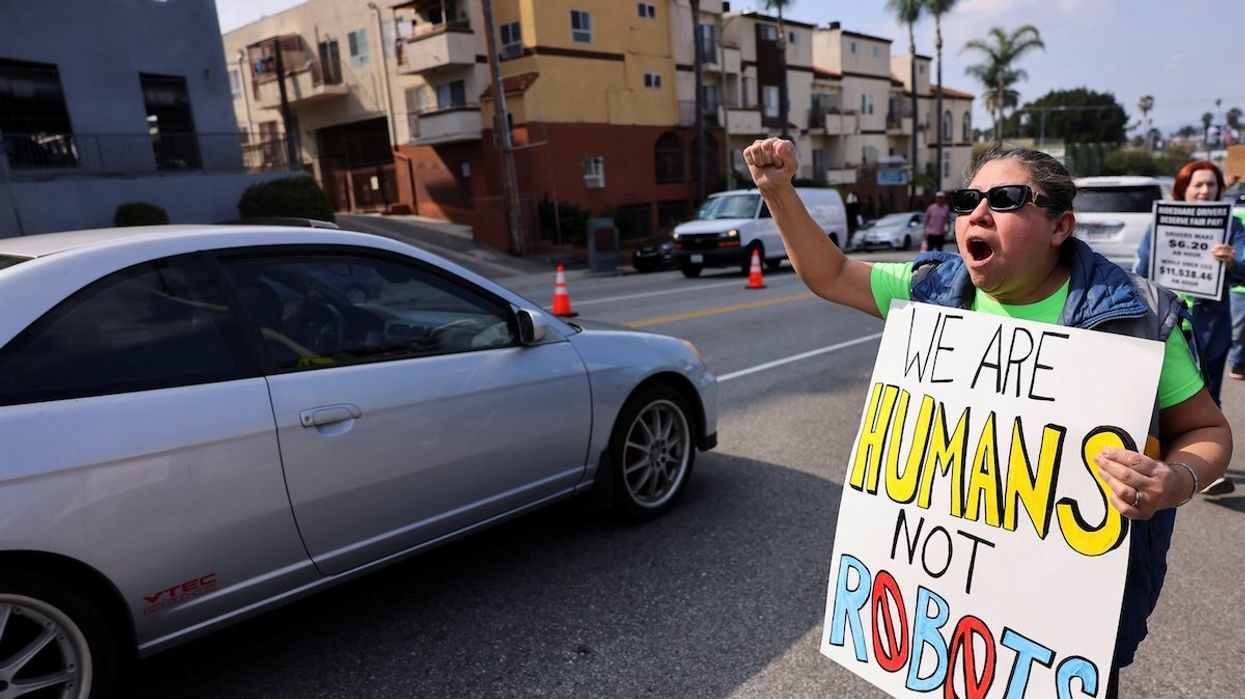What We're Watching
Assange to go free in plea deal
WikiLeaks founder Julian Assange was released from a UK prison on Tuesday and is on his way to the remote Northern Mariana Islands, where he’s expected to plead guilty to a conspiracy charge as part of a plea deal with the US Justice Department. This will reportedly allow him to return to Australia as a free man.
Jun 25, 2024




